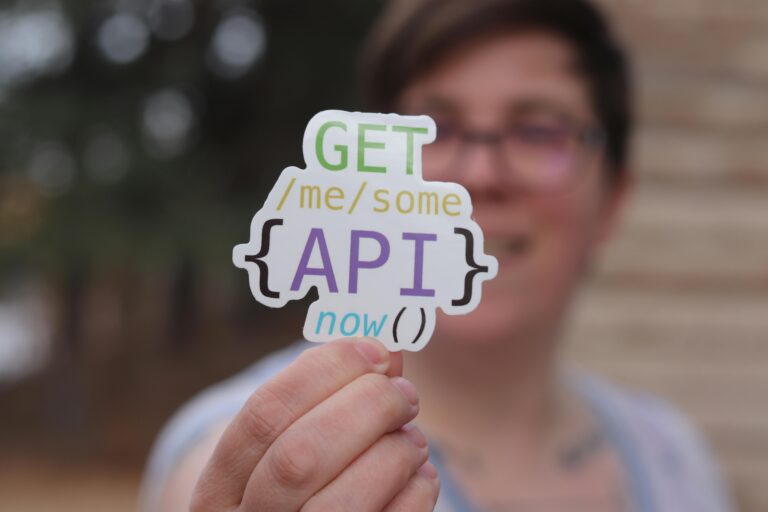The rise of mobile app development presents companies with a key question: should you invest in a native app, or consider alternatives like Progressive Web Apps (PWA) or cross-platform frameworks? Each option comes with its own advantages and disadvantages, and the right choice depends on your business goals and target audience.
1. Native Apps – Maximum Performance and Full Control
Native apps are developed separately for iOS (Swift) and Android (Kotlin/Java), allowing full utilization of hardware capabilities and optimal performance.
Advantages:
- Best-in-class performance and optimization
- Full access to device features (camera, GPS, Bluetooth, etc.)
- Superior UX/UI quality, aligned with Apple and Google guidelines
- Greater stability and enhanced security
Disadvantages:
- Higher cost – requires developing two separate versions
- Longer development time
- More complex updates and maintenance
2. PWA – Web Apps with Mobile Functionality
Progressive Web Apps are web applications that look and behave like native mobile apps. They run in a browser but also support offline functionality and push notifications.
Advantages:
- No installation required from app stores (Google Play / App Store)
- Faster and more cost-effective development compared to native apps
- Works across different operating systems
- Instant updates without app store approval
Disadvantages:
- Limited access to some device features (e.g., Bluetooth, Face ID)
- Slightly lower performance compared to native apps
- Fewer monetization options (e.g., limited App Store integration)
3. Cross-Platform Frameworks – A Middle Ground Between Cost and Performance
Frameworks like Flutter, React Native, or Kotlin Multiplatform enable the development of a single app that runs on both iOS and Android.
Advantages:
- Faster and more affordable development than native apps
- Access to many native device features
- One codebase for both platforms
- Broader accessibility across systems
Disadvantages:
- Slightly lower performance than fully native apps
- Additional work needed for certain hardware integrations
- Framework-dependent support – future changes may require refactoring
4. What Should You Choose?
- Native App – if you need top-tier performance, security, and deep hardware integration, and your budget allows it.
- PWA – if you want a fast, low-cost solution accessible to a broad audience.
- Cross-Platform Framework – if you seek a balance between cost and quality, and want to reach both iOS and Android users with one app.
Summary
Each solution has its place in the mobile app ecosystem. If your app requires advanced features, the best performance, and close hardware integration, a native app is the optimal choice. If rapid deployment and lower cost are your priorities, and your app doesn’t rely heavily on hardware-specific features, a PWA may be the right fit. For those looking for a balanced approach, offering a good user experience across both iOS and Android while optimizing development time and cost, a cross-platform framework is often the best compromise.
Still unsure which solution is best for your business? Contact us – we’ll help you choose the right path.







